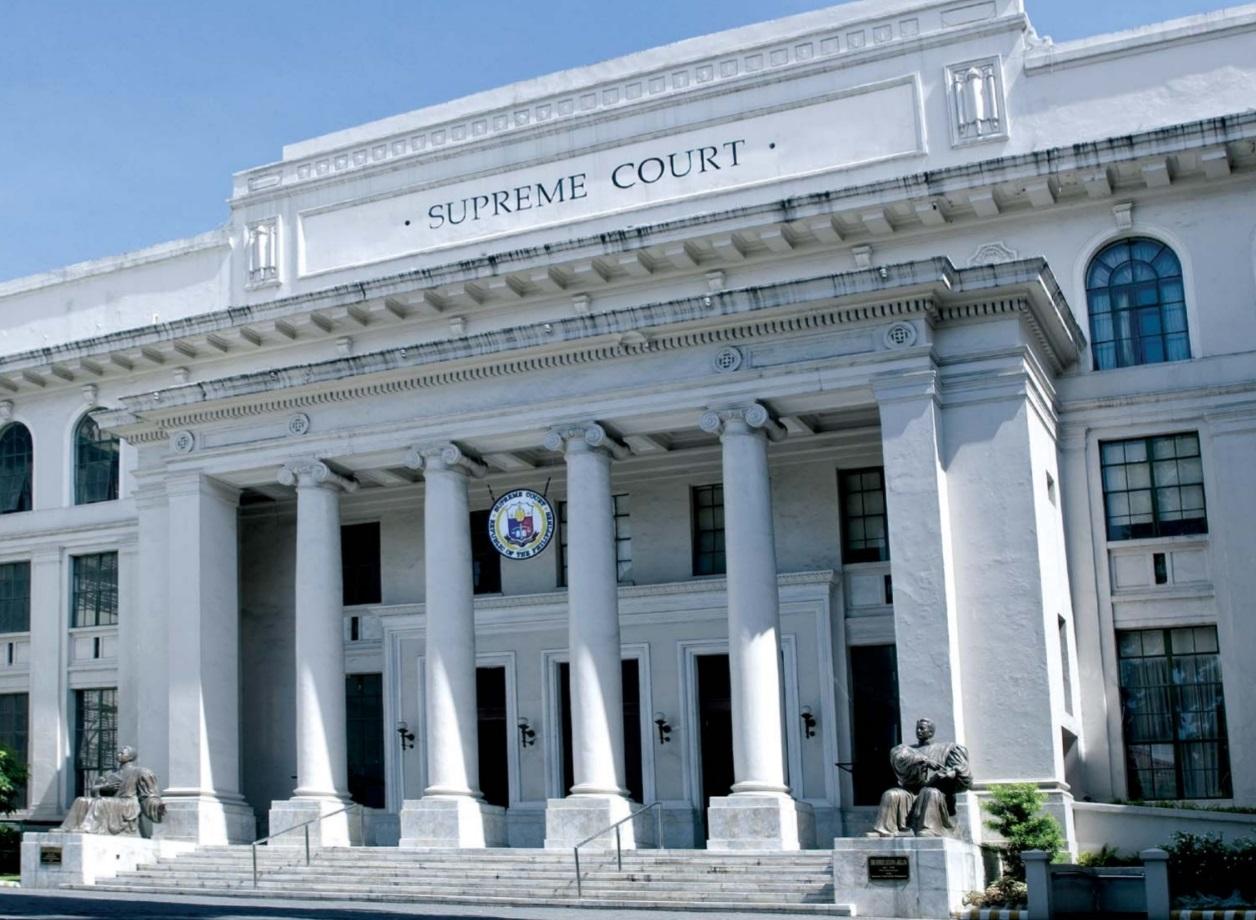Conviction required in claims for unjust imprisonment -SC

The Supreme Court ruled that an individual must have been unjustly imprisoned due to a conviction for them to claim compensation.
In a 13-page decision promulgated in February, the SC En Banc upheld the Department of Justice Board of Claims’ denial of the compensation sought by petitioner Main Mohammad.
“A determination of the existence of an unjust accusation, conviction, and imprisonment may only be done when the accused is convicted but is later acquitted on appeal,” the SC said.
“Even then, however, the fact that the accused’s conviction is reversed and the accused is acquitted is not proof by itself that the previous conviction was ‘unjust,’ since there are several reasons why a conviction may be set aside,” it added.
Mohammad was arrested and charged with piracy and two counts of murder in 2017. He was also identified as a member of the Abu Sayyaf Group (ASG)
After his trial, the charges against him were dismissed for failure of the prosecution to provide a witness who could identify him as an ASG member.
Following this, Mohammad filed a compensation claim before the Board, citing Section 3(a) of Republic Act 7309, which grants compensation to individuals “unjustly accused, convicted, and imprisoned” but released due to acquittal.
He said that the use of the word “and” should be construed as “or” to avoid injustice to individuals who were unjustly prosecuted.
In its ruling, however, the court found that “and” indicated the union of words and phrases.
“The provision uses the conjunctive word “and,” denoting a union or joinder of words or phrases, which suggests that these requisites are cumulative, rather than alternative,” the SC said.
According to the court, there was no conviction since the charges against him were dismissed.
The court also said that there was nothing irregular with Mohammad’s detention during his trial, saying that he was charged with non-bailable offenses.
Aside from this, the Court said that the finding of probable guilt by prosecutors cannot be considered an unjust accusation.
Meanwhile, the Court raised the alarm against Muslim profiling.
“The court is neither deaf nor blind to the discrimination leveled against the Muslim community,” it said.
Despite this, the Court said it cannot overstep its bounds and amend existing legislation to address any perceived injustice.
“The Court concluded that while it has been pursuing judicial reforms towards a fair and just society for all, regardless of race, religion, gender, and age, it cannot overstep its bounds and amend existing legislation to address any perceived injustice,” the SC said. — DVM, GMA Integrated News




